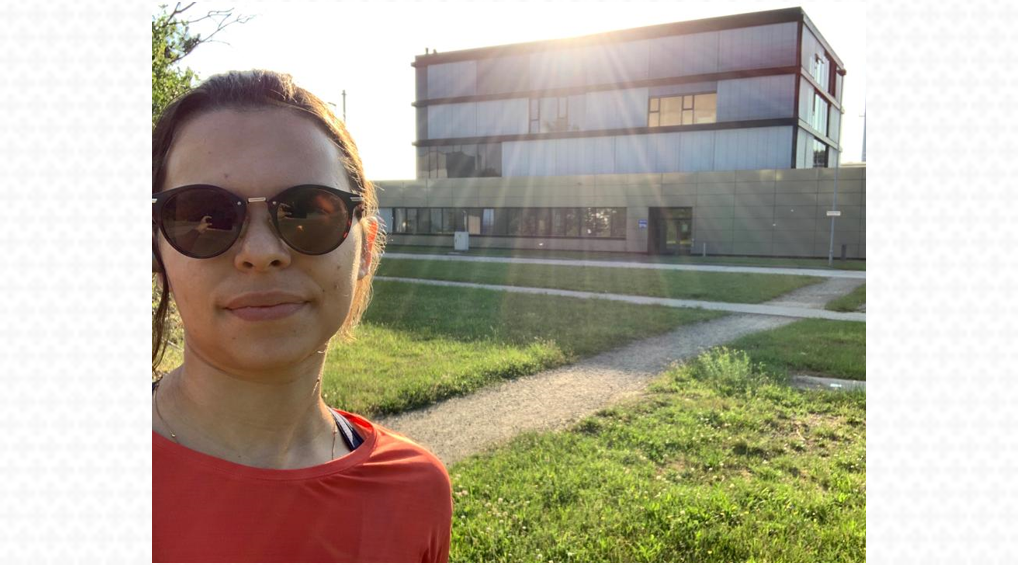
Sabrina Gonçalves de Macedo Carvalho joined CINE in September 2019, during her postdoctoral studies at the Brazilian Nuclear and Energy Research Institute (IPEN), under the supervision of professor Reginaldo Muccillo. A few months later, in January 2020, she began a six-month research internship in Germany, funded by CINE, at the Institute for Energy and Climate Research (IEK) at the Forschungszentrum Jülich – one of the most important interdisciplinary research centers […]
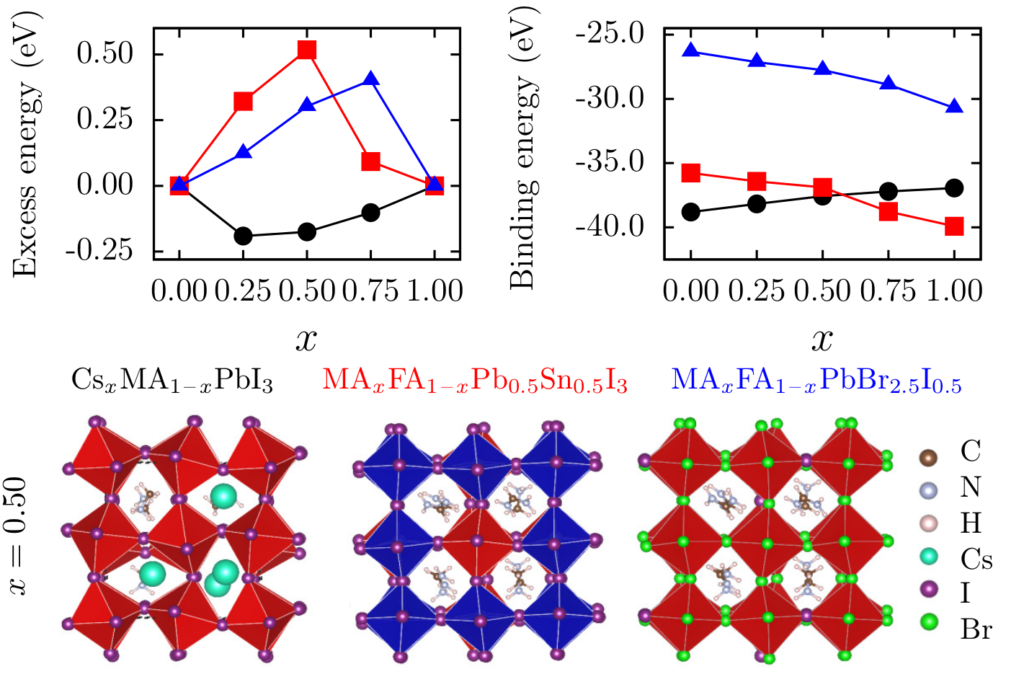
A study carried out within the Center for Innovation on New Energies (CINE) provides valuable information to continue developing perovskite solar cell technology, which can help popularize the use of photovoltaic energy due to its low production cost. To make the commercialization of this technology viable, one of the main challenges is to improve the stability of perovskites, directly linked to the durability of solar cells. In this research, the […]
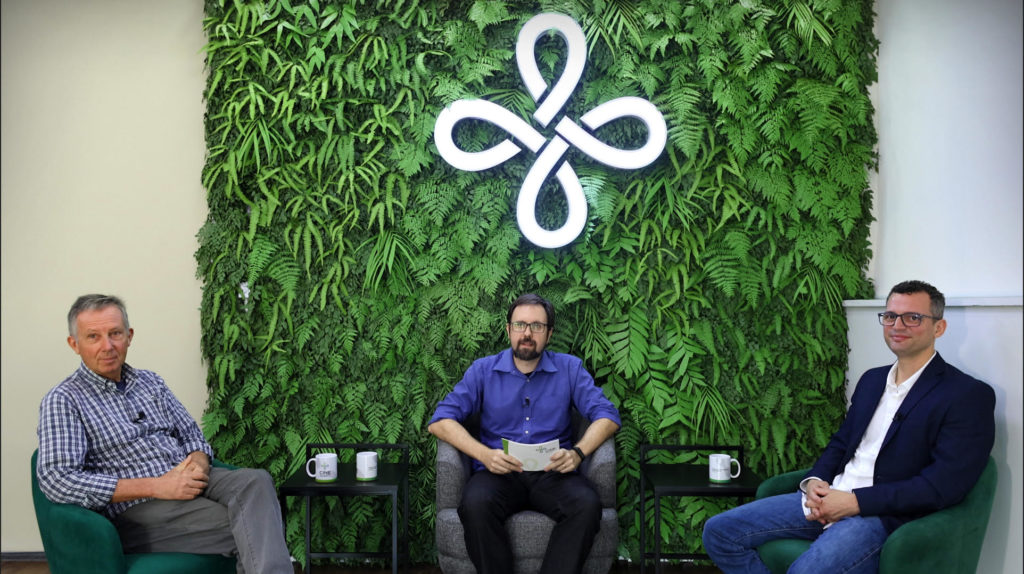
Batteries, biofuels, green hydrogen, solar cells. All these technologies, and not just them, are needed to reduce carbon emissions in the transport sector in Brazil and thus contribute to the mitigation of climate change. More precisely, it is necessary to look at the local reality and find the most appropriate technologies for each application: passenger cars, long-distance buses, rural vehicles, ships, etc. This was one of the main conclusions of […]

Clean energy sources like the sun and wind are renewable, free and inexhaustible, but they are intermittent. Therefore, to store the generated energy and use it when there is no sunlight or wind, it is necessary to have good storage systems, in which supercapacitors can be very important parts. Indeed, these devices vastly outperform batteries in terms of their power, which is the speed at which they store energy (charge) […]
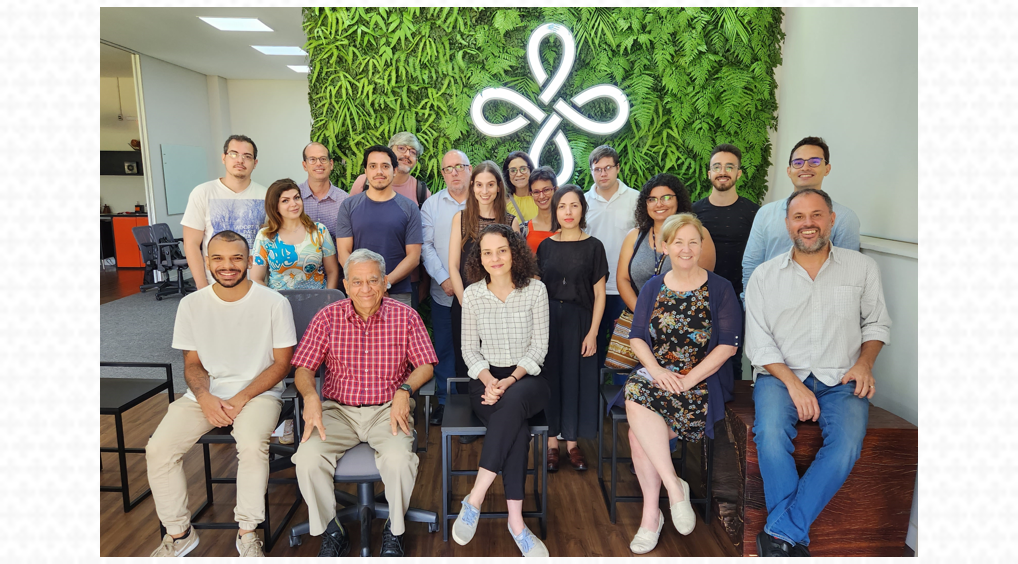
Two members of the Center for Innovative and Strategic Transformation of Alkane Resources (CISTAR) visited CINE between the 20th and 24th of March: Prof. Abhaya Datye (University of New Mexico), Director of International Programs at CISTAR, and Prof. Denise Driscoll (Purdue University), Director of Diversity and Inclusion. Since last year, CINE has maintained a cooperation with CISTAR. Both CINE and CISTAR are multi-institutional engineering research centers dedicated to decarbonization technologies […]
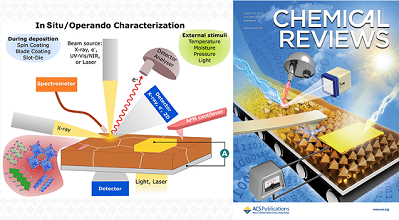
A body of recent research is accelerating the development of perovskite solar cells. These studies monitored, in real time and in detail, the changes that occur in perovskite films during processes that influence their early degradation – one of the main obstacles to the commercialization of this emerging photovoltaic technology. The studies, several of which were carried out in Brazil in the context of CINE, are based on the use […]
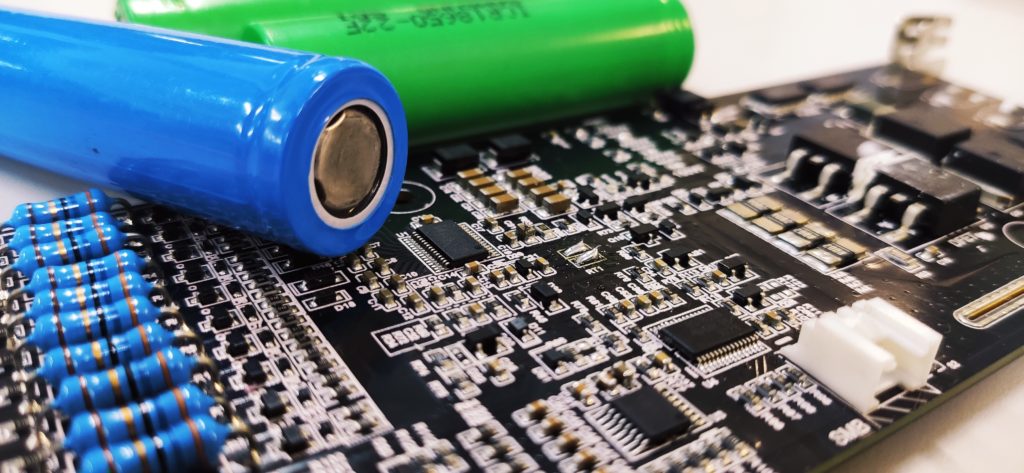
A CINE team has developed a method to determine accurately and in a few seconds the amount of energy stored within a battery – the state of charge. The technique can also be used to supervise battery aging. The method is applicable to batteries of all types, rechargeable or not, from lithium batteries, which are widely used today, to sodium or lithium-sulfur technologies, which are still under development. Another advantage […]
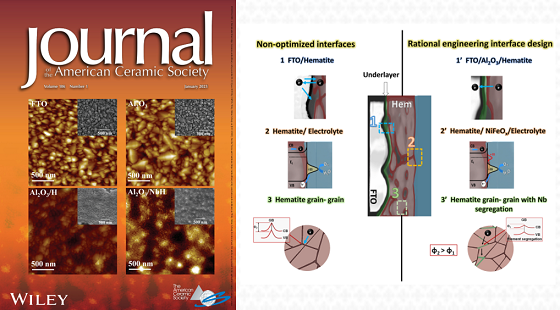
CINE researchers took an important step forward in the development of an efficient photoelectrolyzer for the generation of green hydrogen. Photoelectrolyzers are equipment that split the water molecule (H2O) using sunlight as an energy source. Their main components are the photoanode and the photocathode, which absorb light and transform it into charges. When they reach the surface of the material, these charges promote oxidation and reduction reactions of water, which […]